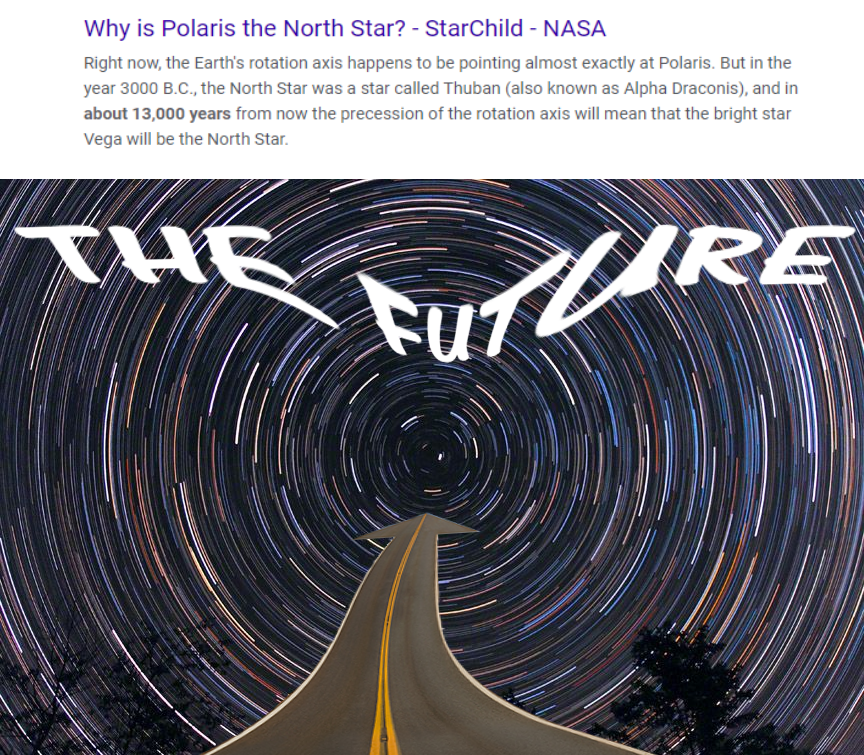The title might not be the best but it was the best I could do. The question presses on the matter of continuity of time and the necessity of existence as a connected metaphysical phenomena.
Just like the existence of space and time had to be and consecutively the big bang had to happen, specifically just like there is "something instead of nothing", why couldn't the exact opposite happen? At any time?
Other than the existence of the past what evidence do we have that any future will exist. Can we say with a 100% certainty that because all this time existence "was", that will always be the case, what I am trying to get at is just like everything exists matter, space, time couldn't everything stop existing at any time. Do we have any concrete evidence "everything" won't 'be' the very next picosecond or whatever interval of time you choose to use?
"Just because something didn't happen in the past doesn't mean it won't happen in the future" - is this a logically correct assumption?
Edit: From the answers so far, it kind of seems like I am asking about the Earth not existing, but I want to make it clear that I am asking about the universe and space and time and everything along with it. The question might be absurd, but I just want to point out that there is a scientific hypothesis that actually supports my frustration, it is said that at any point in time if the expansion of space is greater than the force exerted by the gravitational pull of the universe that the fabric of space time could tear which I think is absolutely absurd given the fact that we don't know the total gravity of the whole universe and the 'threshold of expansion of space time' space time could rip apart and reality could stop existing the very next second and this is the smallest hypothesis that I am putting forth to support my question.

